DOCTORS ON A MISSION
Medical Team Travels Across the Globe to Save Lives and Make A Difference
By Rodney Folmar, Sr.
Imagine you or your child require immediate medical attention. You live 80 miles from the nearest hospital or clinic: no public transportation, no car, no Uber.
Now imagine the clinic is only open one day a week and doesn’t have the equipment necessary to diagnose or treat you or your child’s condition.
While many Americans live with the everyday inconvenience of living 2 to 5 miles from the nearest hospital or medical facility, most can expect to receive care that utilizes advanced, state-of-the-art, and evidence-based techniques and technologies.
Across the globe, however, millions of people must travel significantly farther to seek help—only to receive less advanced and more standard medical care once they find a way to get there.
Those living in remote parts of the world are the most affected, even when the rest of their country has access to high quality care.
Unidad Hospitalaria Movil Latino America (UHMLA) is a 501(c)(3) nonprofit organization sending doctors, surgeons, nurses, and other medical professionals to remote villages in Central and South America.
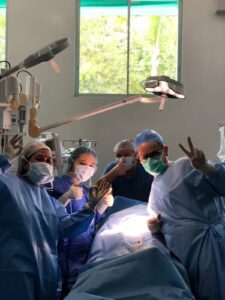
Their mission? To provide life-saving care to people who face socioeconomic and geographical barriers to medical care.
UHMLA co-founder Dr. Rolandl Rolandelli, MD, FACS, is the Chairman of the Department of Surgery at Morristown Medical Center. He cites personal ties to Latin America as a main inspiration for creating the nonprofit.
“I am grateful
to have the time
as well as skill set
to help those much
less fortunate”
Michael W. Kuchera, MD
He was born in Argentina. Another UHMLA board member and co-fonder of UHMLA is Dr. William Diehl, was born in Mexico.
Dr. Rolandelli has also traveled extensively to Latin America throughout his career. His background and experience has helped him “realize the need there” for improved access to higher quality medical care in these parts of the world.
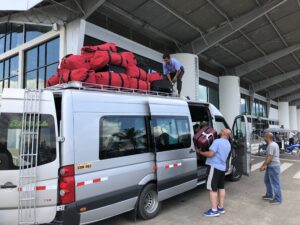
Practicality and sustainability also played a role in UHMLA’s origins. Dr. Rolandelli says, “we have access here to [medical] supplies that sometimes are no longer used, and there’s so much we discard. It’s good to be able to use it elsewhere.”
Recently, UHMLA took their surgical skills to Yantaló, Peru. Like many rural residents of Central and South American countries, the people living in remote areas of Peru do not have access to amenities enjoyed by the majority of North Americans.
Many work as manual laborers and must walk great distances for work, school, or necessities. Accessing medical care is a hardship, and illnesses and injuries can make an already difficult
life even more challenging.
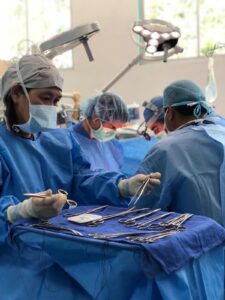
The doctors and volunteers of UHMLA (in English: Latin America Mobile Hospital Unit) have now made multiple trips to this country with the goal of helping these people receive the care they need.
Services are provided in mobile units—outfitted trucks and trailers—that travel to different communities in order to make contact with a greater number of people.
It’s worth noting that UHMLA doctors pay their own way for each trip, which can cost as much as $35,000 to $45,000. The team also must bring all the supplies they need, since ultrasound and other equipment are often scarce or non-existent in the areas in which they operate.
To help offset the cost of the trip for nurses and residents, UHMLA provides scholarships and holds additional fundraisers. Other organizations, including pharmaceutical companies, also donate supplies and equipment.
Is the outreach worth the inevitable challenges and hefty investment of resources? Dr. Michael W. Kuchera, is an attending physician at Morristown Medical Center and UHMLA board member, has no doubt that it is. “I am constantly humbled by patients and family members thanking and praying for me for leaving my home and family to help.
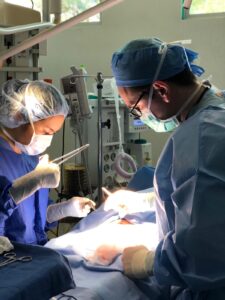
I am grateful to have the time as well as skill set to help those much less fortunate.” Dr. Kuchera became involved in UHMLA after meeting Dr. Diehl and Dr. Rolandelli during the organization’s early stages.
The nonprofit was a perfect outlet to fulfill his desire to use his surgical skills in Latin America. Since joining forces with UHMLA, Dr. Kuchera has completed five trips performing gynecological surgeries in Guatemala, Honduras, and Peru.
Dr. Zubin M. Bamboat, MD, FACS, is Director of General Surgical Oncology at Summit Medical Group in New Jersey. (Summit Medical Group is the largest private multi-specialty group in the United States.
Comprised of more than 900 medical providers including physicians, nurse practitioners,
nurse anesthetists, and physician assistants, Summit Medical provides a full
range of medical and surgical care.)
Dr. Bamboat is also a credentialed surgical oncologist at Morristown Medical Center. His expertise is in minimally invasive techniques used to treat patients with tumors and cancers of the skin, esophagus, pancreas, stomach, liver, gallbladder, bile ducts, small intestine, colon and rectum.
He led UHMLA’s most recent venture to Yantaló. In the short time they were there, the team performed over 50 surgeries.
As many as 70 surgeries per week is not out of the ordinary for this hard-working group. Keep in mind, these interventions are done in mobile units, in remote areas of foreign countries, with limited access to the amenities and supplies that are par for the course in American hospitals.
Among the patients he has seen on his Peruvian trips, Dr. Bamboat recalls a 34-year-old man for Lynch syndrome, also known as hereditary non-polyposis colorectal cancer (HNPCC), an
inherited condition that raises the risk of cancer.
The man was running for mayor of his town but was feeling too exhausted all the time, even
after minimal exertion. As it turned out, the man had a large intestinal tumor that would require a surgery normally too complex for a mobile hospital.
After weighing their options, the surgical team decided to perform the surgery because the
man could not travel to the nearest hospital in Lima.
They invited the local doctor to observe the surgery and provide aftercare in the form of che-
motherapy. Despite it being a complex procedure, the patient did well without narcotics, and
took only acetaminophen for pain.
The man’s good nature, stamina, and impressive recovery—despite not have the luxury of surgery in a hospital and narcotics for pain—made a lasting impression on the entire surgical team.
On this most recent trip to Peru, Dr. Bamboat was thrilled to see the man he had operated
on the year before. While the man did not win his bid for mayor, he was doing well after his
surgery.
This time, the man brought along his mother and older brother to the second visit, as both had abdominal tumors. Dr. Bamboat’s team performed successful surgery on the mother and was able to refer his brother for further treatment.
How does UHMLA select a location?
Members of the board, including physicians and other medical professionals, vote on and approve proposed locations. Board members, including Dr. Bamboat and Dr. Rolandelli, will then lead the trips following UHMLA board approval.
Making a connection with the local community and empowering local healthcare pro-
viders is essential to UHMLA’s success—and a smart move. After all, “You can’t can’t just
show up in Peru and expect people lined up waiting to see you,” Dr. Bamboat says.
“In each country, we need to have a reliable local consult.” This is especially important given that the group primarily performs surgeries, which typically require follow-up care long after UHMLA leaves.
To ensure continuity of care, UHMLA makes contact with a local doctor or healthcare provider who can check in on the patient during the recovery phase.
In addition to Peru, UHMLA has already provided care in Guatemala, Honduras, and Ecuador. What’s next for the nonprofit?
“We’re hoping to go to other countries,” Dr. Bamboat says, including Argentina.
Dr. Rolandalli echos this vision. He says that UHMLA is hoping to expand to more areas and have mobile units that can move from country to country in succession.
“My goal is to keep adding locations and connect all those dots.” He also envisions the ability to fly medical personnel in and out to meet the mobile units for greater efficacy and safety.
Are other hospitals primed to join in the UHMLA’s mission? “We would like to open the
option for other [American] hospitals to participate,” says Dr. Rolandelli, many of which have
expressed interest already.
In the meantime, he along with Dr. Bamboat, Dr. Kuchera, Dr. and the rest of the team
are honored to carry the banner and continue making meaningful connections with their
global neighbors.
For more information about Unidad Hospitalaria Movil Latino America, upcoming trips
and fundraising events visit, www.uhmla.com

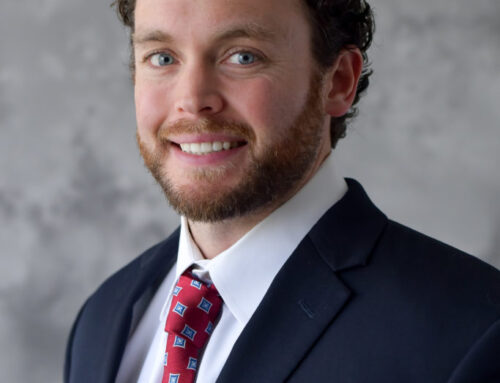

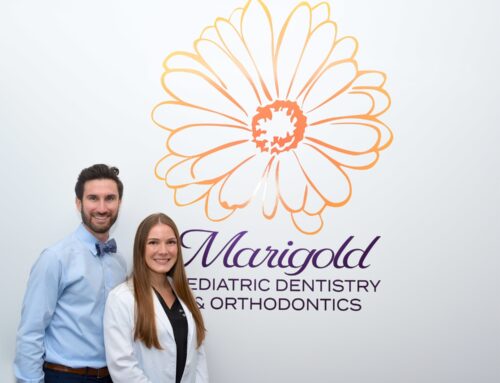
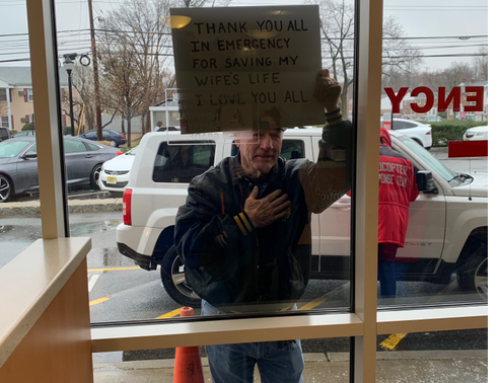
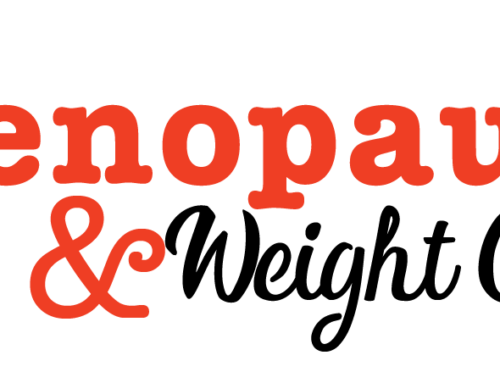
Leave A Comment